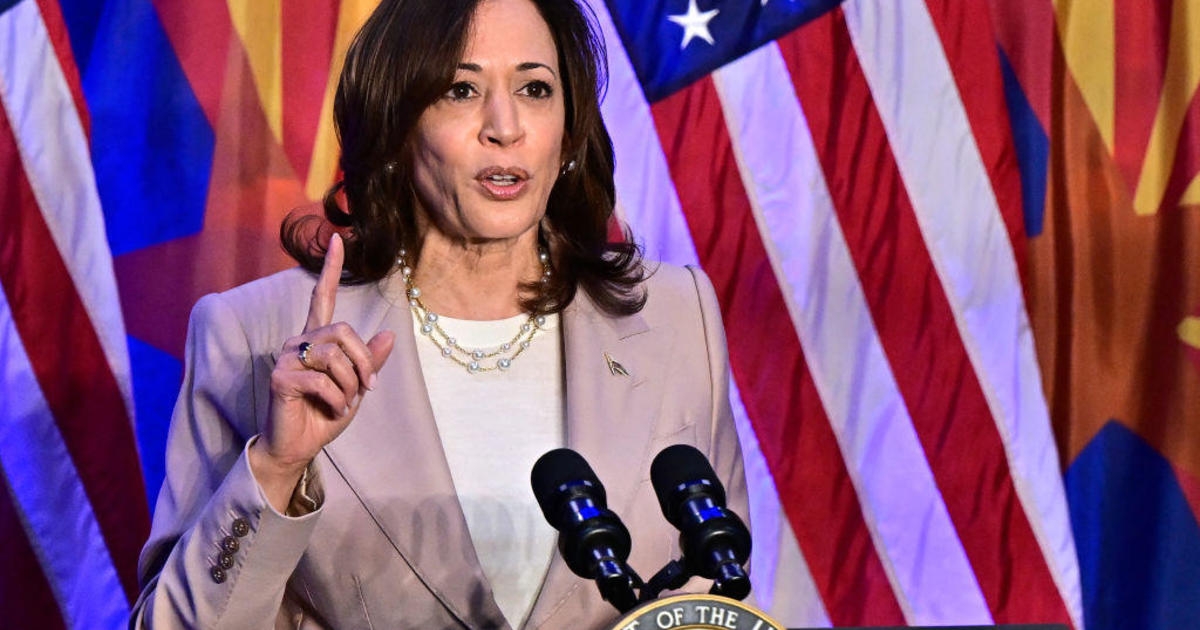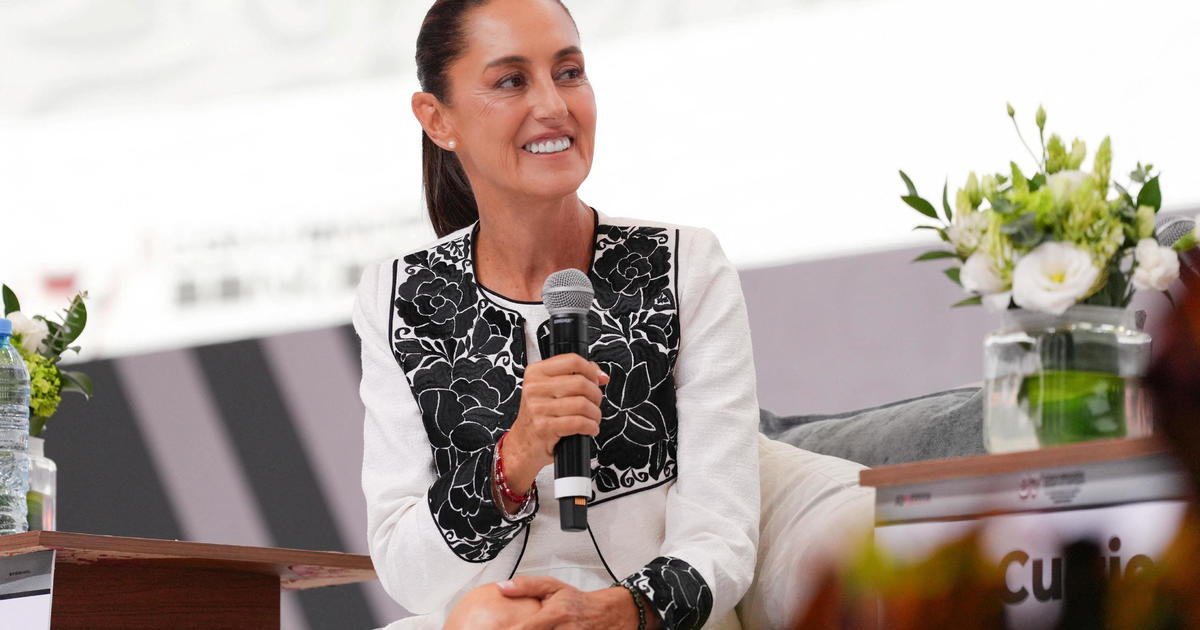Study may shed light on why more African-American men die of prostate cancer
Health disparities in prostate cancer are well known by doctors who treat the disease. African-American men are more likely to get prostate cancer, are diagnosed at more advanced stages, and are twice as likely to die as Caucasian men. But why?
A new study that looks at perceptions about prostate cancer treatment among black and white men may help medical experts zero in on some of the reasons — and develop strategies to address them.
Among other differences, the survey of prostate cancer patients found "more black men were concerned about the impact that treatment would have on their daily activities, the cost of treatment, and the time it would take to both go through the treatment as well as to recover from it," the researchers said. Those priorities may have an impact on the types of treatment men choose and their ultimate health outcomes.
More than 161,000 men in the U.S. are expected to be diagnosed with prostate cancer this year, and according to the American Society of Clinical Oncology, the risk is 74 percent higher in black men than in non-Hispanic whites.
To help understand the racial discrepancies, researchers at the University of North Carolina Lineberger Comprehensive Cancer Center surveyed by phone 1,171 men who were newly diagnosed with prostate cancer; 304 of the men were African-American and 866 were Caucasian. The men had non-metastatic prostate cancer and came from a mix of rural, suburban and urban areas across North Carolina. They were part of the North Carolina Central Cancer Registry.
The researchers asked the men two key questions: How aggressive do you think your cancer is, and what's important to you in dealing with it?
When it came to the second question, they broke down potentially important factors into 12 areas, including curing the cancer, conserving quality of life after treatment, recovery time, and the burden on friends and family.
"We wanted to see why it is that African-American men get less aggressive treatment than Caucasian men. We know more African-American men get no treatment and less surgery," said the study's senior author, Dr. Ronald C. Chen, associate director of the UNC Lineberger Comprehensive Cancer Center.
Surgery and radiation are normally recommended to cure this type of prostate cancer, Chen told CBS News.
The researchers knew when they spoke to each patient how aggressive their cancer was based on medical records that included information from biopsies and PSA tests.
"Our first finding that I think is really important is that for patients with the most aggressive non-metastatic type of cancer, over 50 percent of African-American patients told us their cancer was not very aggressive. And so that is wrong," said Chen.
By comparison, just 24 percent of white men with very aggressive cancer said it was not aggressive.
"Only 19 percent of African-American men told us their cancer was very aggressive – the correct answer. For white men, 42 percent knew their cancer was aggressive," Chen said.
Believing their cancer was less aggressive than it really was may be a factor in which treatment options the men chose, and in the eventual outcomes.
In the study, both black and white men "overwhelmingly" said being cured of cancer and their quality of life after cancer treatment were important.
However, financing treatment was a bigger concern for black men. Sixty-six percent of African-American men said the cost of treatment was an important issue versus 32 percent for whites.
The effect treatment would have on daily life drew different answers, too. While 74 percent of African-American men with intermediate or high-risk cancer said the impact that treatment would have on their daily activities was very important, only 58 percent of white men rated it as a very important concern — another difference of opinion that could lead to different treatment choices and outcomes.
Recovery time was also more of a concern for African-American men, with 81 percent of black men in the intermediate and high-risk group considering it to be very important compared to 50 percent of white men.
"These differences in the perceptions of these important factors in treatment decision-making likely play a role in racial disparities, in treatment selection, and in outcomes in prostate cancer," said Chen.
Cost and concerns surrounding recovery time affect the two groups differently, he said, but are issues that could be addressed.
The study did not look at how racism might play a role in how a diagnosis is given to an African-American patient versus a Caucasian patient.
"Overall, we felt like this study really helped us piece out why we see this disparity with treatment selection and now we are able to identify factors to help explain it," said Chen.
The findings were presented Monday at the annual meeting of the American Society of Clinical Oncology.



